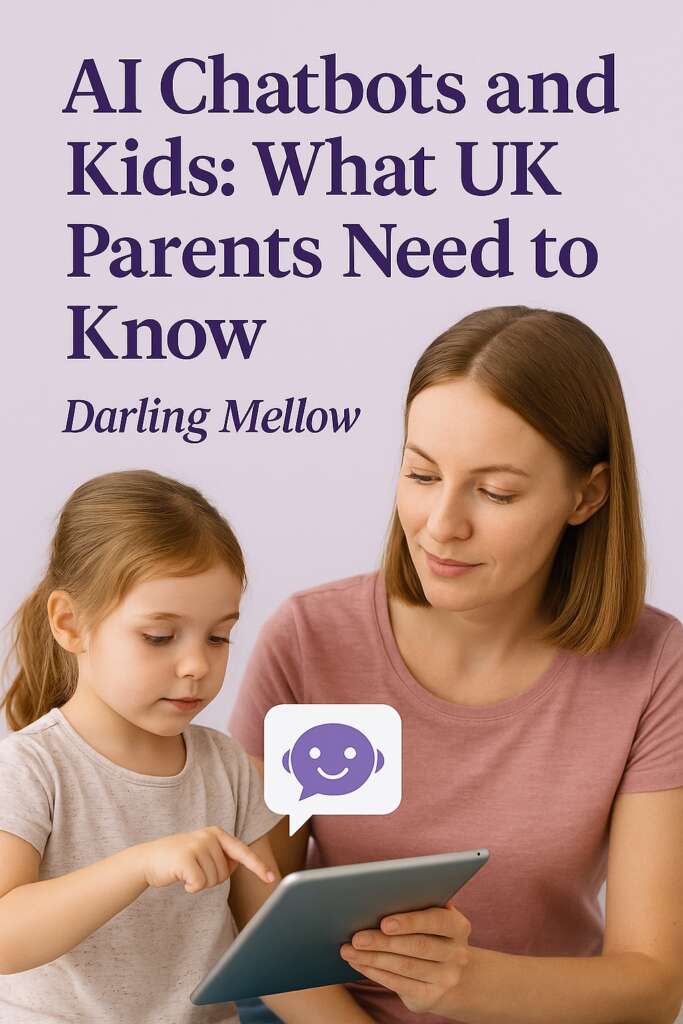What Are AI Chatbots and Companions?
- AI Chatbots: Tools like ChatGPT or Snapchat My AI that answer questions and hold conversations.
- AI Companions: Apps designed to act like friends, offering personalised support, humour, or even daily check-ins.
While the difference sounds small, companions are built to feel more “human” and emotionally present — which can make them more powerful and riskier for children.
Where Kids Are Finding Them
Most children encounter AI tools in apps they already use:
- Snapchat: Offers My AI, which sits at the top of the chat list for many teens.
- Instagram and TikTok: Algorithm-driven content now pushes AI companion ads.
- Standalone Apps: Popular downloads like Replika and Character.AI are free and marketed to younger users.
How and Why Kids Are Using Them
- Information: Quick answers for homework or advice
- Companionship: Talking when they feel lonely or misunderstood
- Boredom Relief: Fun chats when no friends are online
- Exploration: Trying out different identities or asking questions they feel awkward asking adults
Potential Risks Parents Should Know
- Misinformation: AI tools can give inaccurate or biased answers
- Lack of Emotional Understanding: A bot can’t recognise real distress or danger
- Oversharing: Kids may share personal details without realising the risks
- Psychological Impact: Relying on AI for friendship may blur lines between real and artificial connection
Tips for Talking to Your Kids About AI Companions
Rather than banning outright — which often backfires — try these strategies:
- Ask them what apps they’re using and why
- Explain the difference between real human support and AI conversation
- Set family tech boundaries (for example, no AI companion apps at night)
- Encourage safe curiosity: “It’s okay to explore, but let’s talk about what you find.”
- Offer alternatives for connection, like family chats, peer groups, or safe online communities
Affiliate Pick for Digital Wellbeing
- Blue-Light Blocking Glasses — reduce screen strain during homework and chats
The Gentle Takeaway
AI chatbots aren’t going anywhere, and banning them entirely may not work. The key is knowing what your child is using, keeping conversations open, and helping them understand that while AI can be fun, it can never replace the warmth, safety, and care of real human connection.
Want More Digital Parenting Guides?
Join the Darling Mellow newsletter for gentle conversations about tech, wellbeing, and real-life parenting in a digital world.


